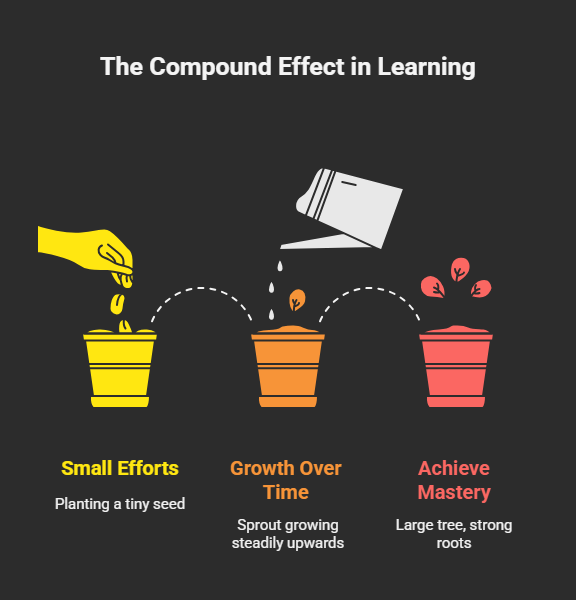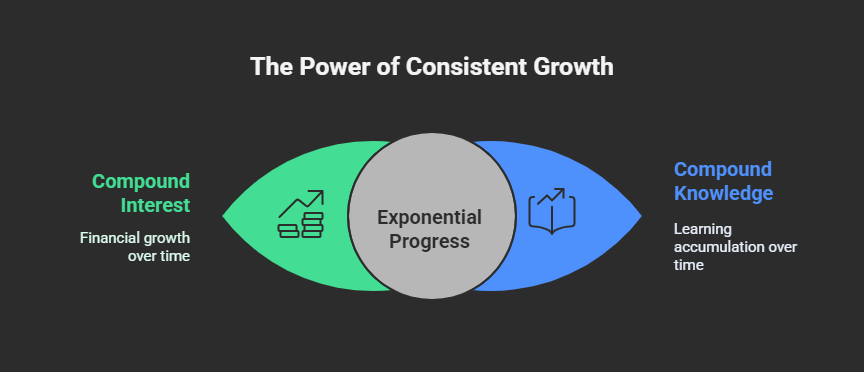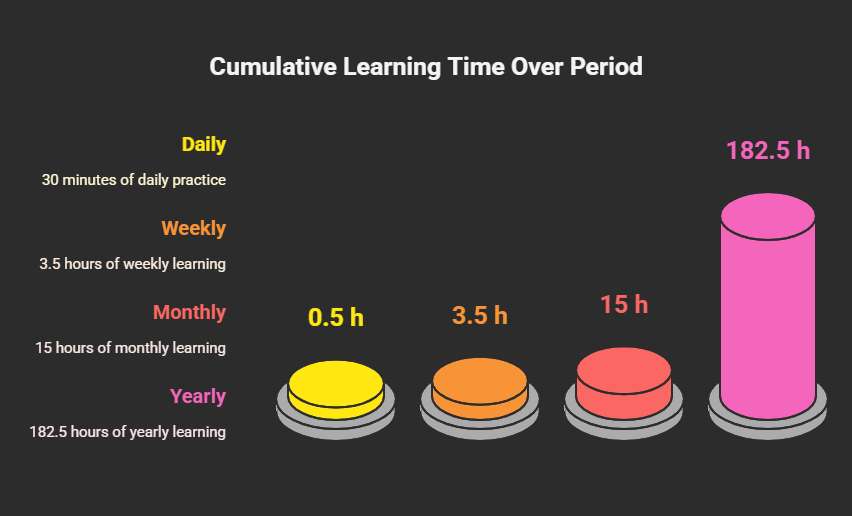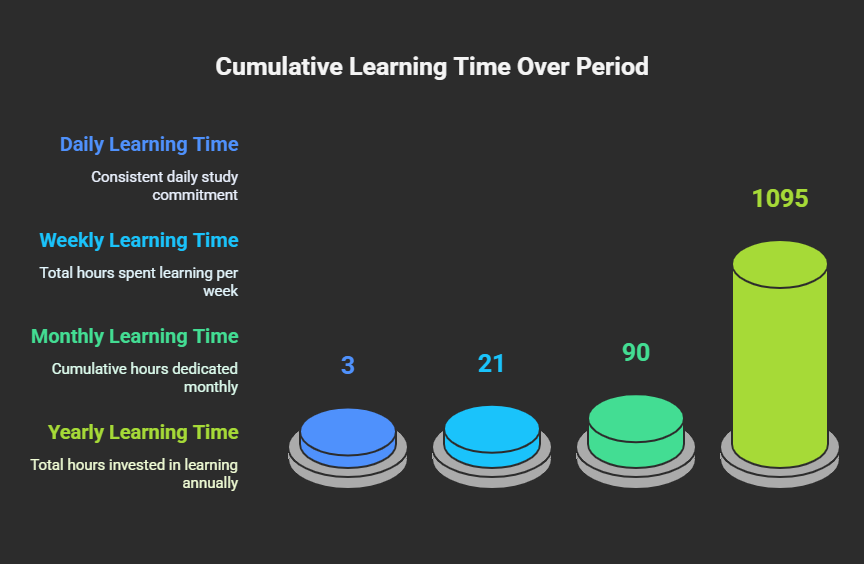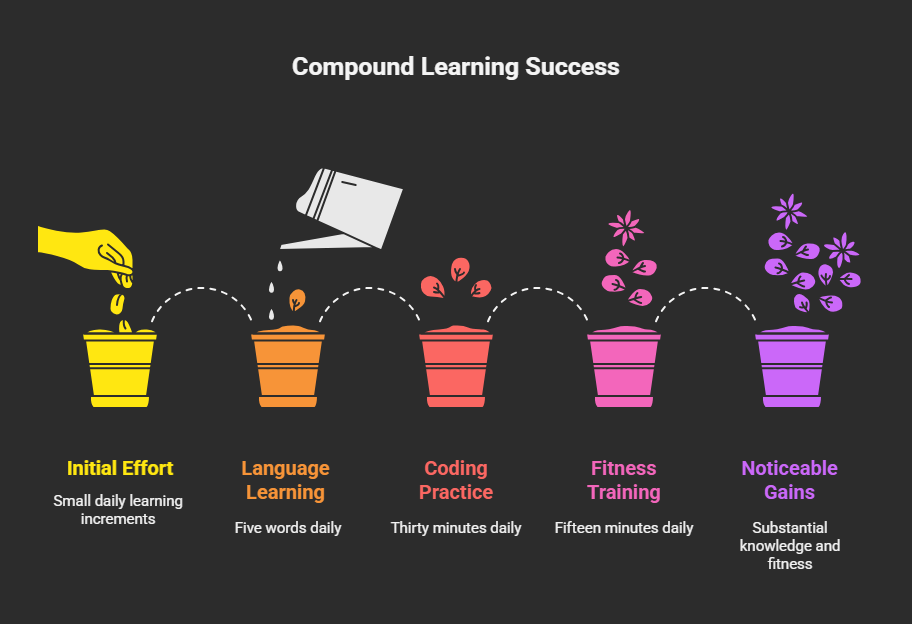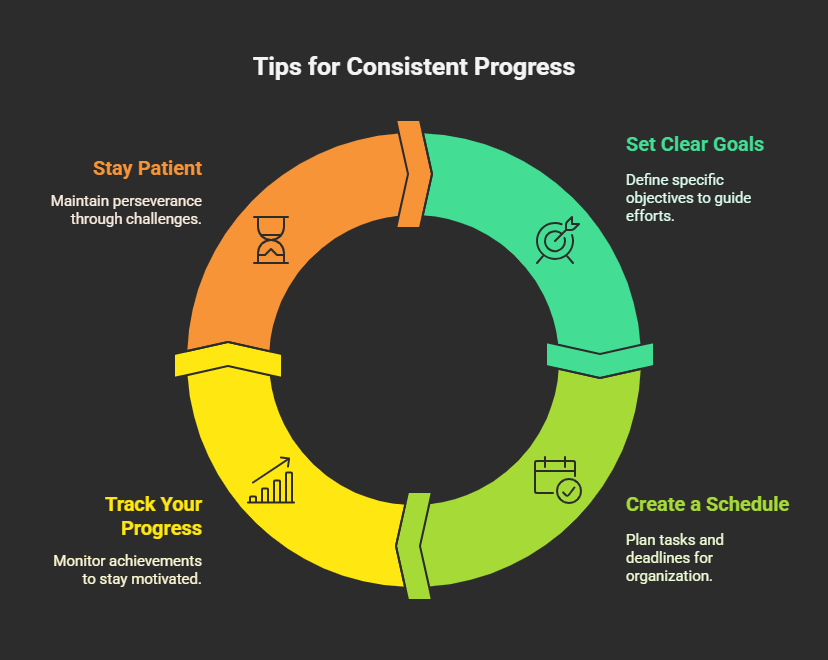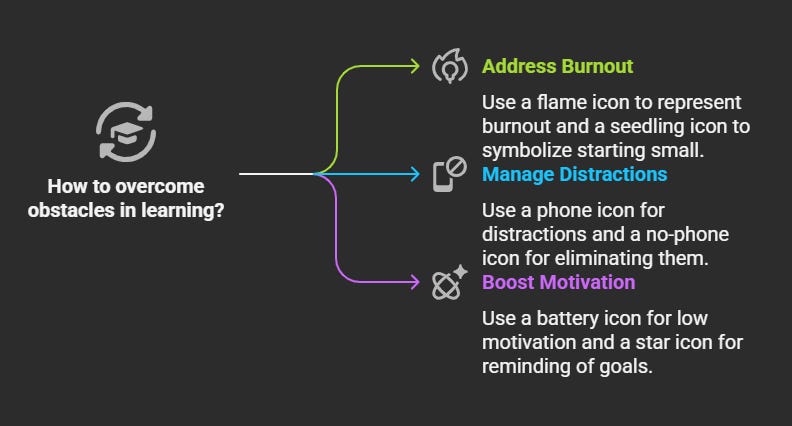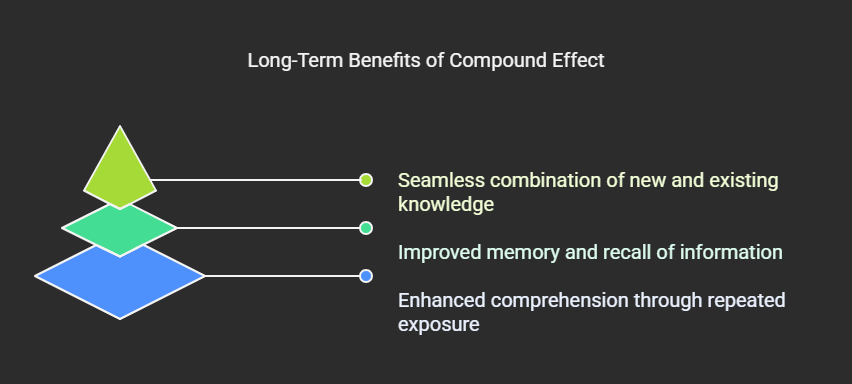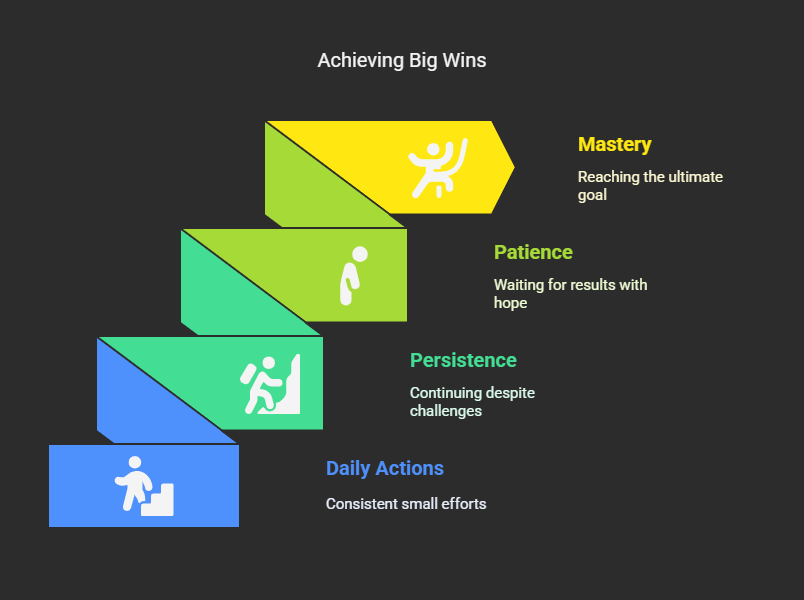Master Learning with the Compound Effect: A Proven Path to Success
Discover how small, consistent efforts in learning lead to exponential growth and long-term mastery.
Table of Contents
What is the Compound Effect on Learning?
Breaking Down the Basics of Compounding Knowledge
How the Math Supports Compound Learning
Real-Life Success Stories of Compound Learning
Actionable Tips for Consistent Progress in Learning
How to Overcome Obstacles in Learning Journeys
The Transformative Long-term Benefits of the Compound Effect
Conclusion: Turning Small Steps into Big Wins
1. What is the Compound Effect on Learning?
In today’s fast-paced world, we often seek quick fixes and immediate results, especially in mastering new skills or acquiring knowledge. However, true growth and mastery stem from small, consistent efforts—a concept known as the Compound Effect. By applying this principle to learning strategies and habit-building, you can achieve long-term growth and lasting improvement. This approach can potentially revolutionize your learning journey and unlock sustainable success.
2. Breaking Down the Basics of Compounding Knowledge
The Compound Effect, popularized by Darren Hardy in his book "The Compound Effect", illustrates how small, consistent actions over time can yield significant results. Similar to compound interest in finance, where small investments grow exponentially, the principle applies to learning and habit formation. By committing to steady, incremental progress, your efforts accumulate, fostering profound growth in knowledge and skills.
3. How the Math Supports Compound Learning
Consistent learning over time has a profound impact. By dedicating just 30 minutes daily to a skill like coding, learning a language, or playing an instrument, you accumulate significant progress. Here's how it adds up:
Daily Learning Time: 30 minutes
Weekly Learning Time: 3.5 hours
Monthly Learning Time: 15 hours
Yearly Learning Time: 182.5 hours
Now, imagine the result of dedicating 3 hours daily to learning:
Daily Learning Time: 3 hours
Weekly Learning Time: 21 hours
Monthly Learning Time: 90 hours
Yearly Learning Time: 1,095 hours
This difference demonstrates the exponential growth that comes with investing more time into learning. Whether it’s small or large time commitments, the key is consistency.
The chart below illustrates the dramatic difference in accumulated learning time between 30 minutes and 3 hours of daily learning:
Imagine spending 182.5 hours learning a new language, coding, or playing an instrument over a year. This consistent effort, even if it's just 30 minutes a day, leads to substantial progress.
Start small—dedicate just 30 minutes daily to see measurable progress in your learning journey. Scale up when you’re ready for even greater gains!
4. Real-Life Success Stories of Compound Learning
Language Learning: Learning just 5 new words daily will result in 1,825 words mastered in a year. Considering fluency in a new language often requires knowing 2,000–3,000 words, this incremental approach can bring you significantly closer to your goal. Explore Duolingo to start building your vocabulary effectively.
Coding: Committing 30 minutes daily to coding translates to 182.5 hours of practice annually. This consistent habit can transform you from a beginner to a proficient developer, ready to tackle increasingly complex projects. Platforms like freeCodeCamp are excellent resources to begin coding.
Physical Fitness: Practicing a sport or exercise routine for just 15 minutes daily leads to noticeable improvements in strength, flexibility, and endurance within months. For guidance on building small fitness habits, check out The 7-Minute Workout.
Whether it’s mastering a new skill, improving fitness, or achieving fluency, these examples highlight how small, consistent actions lead to incremental growth and long-term success.
5. Actionable Tips for Consistent Progress in Learning
Set Clear Goals: Define what you want to achieve and break it into smaller, actionable steps. This helps you stay focused and gives you a clear roadmap to follow. Learn how to set SMART goals in this guide.
Create a Schedule: Dedicate specific times for learning and make it a non-negotiable part of your day. Consistency is key to forming lasting habits and ensuring steady progress. Use tools like Google Calendar or Trello to organize your schedule.
Track Your Progress: Use a journal, spreadsheet, or app to monitor your daily learning activities. Seeing your progress over time boosts motivation and helps identify areas for improvement. Platforms like Notion are great for tracking habits and milestones.
Stay Patient: Understand that results might be slow initially, but persistence will pay off. Progress is not always linear, and small, consistent efforts lead to meaningful outcomes over time. Check out Atomic Habits by James Clear for more insights into building lasting habits.
These strategies not only enhance habit formation but also build a foundation for incremental progress and sustainable learning.
6. How to Overcome Obstacles in Learning Journeys
Avoid Burnout: Start with manageable tasks to prevent feeling overwhelmed.
Stay Motivated: Remind yourself of your goals and the reasons behind your learning journey.
Eliminate Distractions: Find a quiet space and limit interruptions during your study sessions.
7. The Transformative Long-term Benefits of the Compound Effect
By consistently applying the Compound Effect, you’ll not only acquire new skills but also develop a lifelong habit of learning. This approach fosters:
Deeper Understanding: Each small effort builds on the previous one, creating a strong foundation of knowledge.
Greater Retention: Regular practice improves memory and helps embed concepts for the long term.
Knowledge Integration: The ability to connect new skills and information with your existing expertise, creating a comprehensive knowledge base.
This habit-based approach ensures that your growth is not just temporary but becomes a permanent part of who you are.
8. Conclusion: Turning Small Steps into Big Wins
Embracing the Compound Effect in your learning journey leads to remarkable results. By committing to small, consistent actions, you’ll build a strong foundation of knowledge and skills that serve you well in all areas of life.
As the Bible wisely says, "By your patience possess your souls" (Luke 21:19). This timeless wisdom reminds us that patience and persistence are essential for achieving our goals and mastering new skills.
Remember, each small step you take contributes to consistent growth, leading to incremental success and ultimately transforming your life. Start today, stay consistent, and watch how these small actions compound into big wins.



